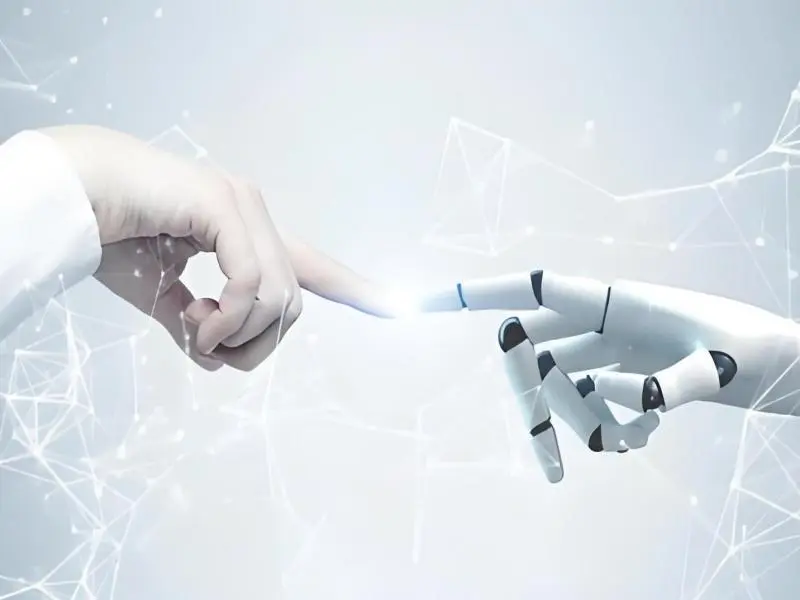- The intelligent agent is a system that can perceive its environment, make decisions based on its observations, and take actions to achieve specific goals.
- Intelligent agents are a cornerstone of modern AI, offering a range of benefits that span across various industries.
In the subject of artificial intelligence (AI), intelligent agents are now crucial because they serve the marriage of technology and human-like assessment. In spite of improving processes and improving productivity, the ability to autonomously perceive, reason, and act upon complex data sets broadens up possibilities for innovative solutions to critical challenges across a variety in industries. Their importance originates from their capacity to improve the way we communicate with technology, simplifies operations, and foster a more intelligent, interdependent world.
Understanding intelligent agents
Intelligent agents vary programs established to operate and make decisions on what to do using surroundings, user inputs, and prior experiences. They correctly gather and present information that meets set requirements, either according to a user-specified schedule or once they are activated in real time. These agents, and this frequently go by the term bots, short for robots, may explore the internet for knowledge, acknowledge keywords, or find content based on specified criteria such publication dates.
For the purpose to interpret user inputs, advanced intelligent agents—particularly those that employ AI and machine learning—are fitted with sensors like microphones and cameras. Through speakers, screens, and other output devices, they interact with the surroundings and communicate with users via effectors and actuators. Push notification technology, an proactive approach of information shipment, is a prime example of the way an agent might modify and learn from prior interactions, settle problems during real time, and employ memory-based storage to gradually improve performance.
Also read: Key things to know about intelligent agents
Also read: 5 types of agents in artificial intelligence
Importance of intelligent agents
Automation: Through procedure automation that would otherwise need humans to participate, intelligent agents improve earnings and less the risk of mistakes.
Personalization: They are able to tailor interactions, services, and recommendations to stay each user.
Scalability: Intelligent agents are produced to quickly and exactly deal with intense workloads and process enormous amounts of data, enabling organizations to diversify their operations. Without with an equivalent rise in the number of human staff members these agents may manage an assortment of tasks concurrently, like data analysis along with customer service interactions.
Innovation: Due to their gift for learning and adapting, humans are willing to discover fresh trends and solutions that other individuals may not have heard of.
User experience: By providing swift, context-aware aid, intelligent agents strengthen the user interaction and render technology easier to use and intuitive.
Risk management: By constantly watching a system’s working, intelligent agents are now capable of proactively notice and mitigate risks within it. Early intervention becomes possible by the evaluation of data patterns and recognizing anomalies which may suggest possible problems.
Savings: By automating monotonous and recurrent tasks, intelligent agents significantly reduce costs of labor across a range of operational procedures. By considering such duties, they at ease up human employees to focus on more complex and strategic tasks requiring to human discernment and creativity.

